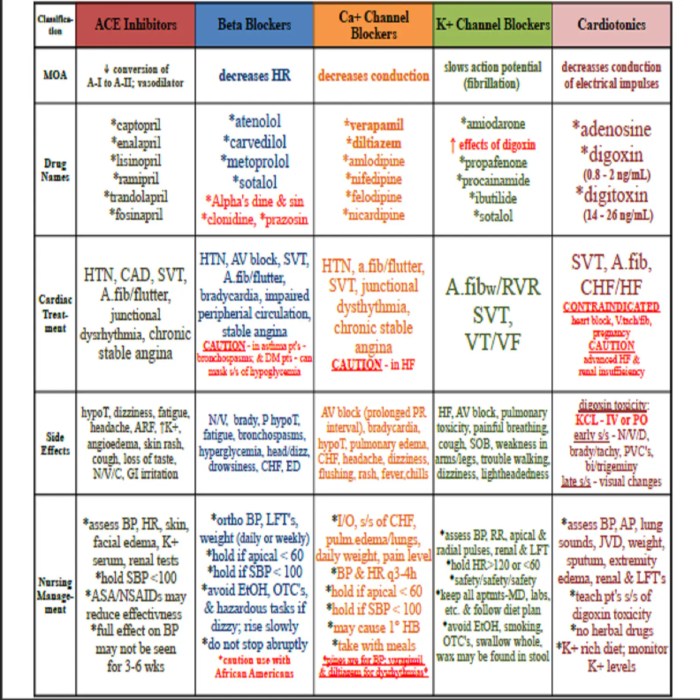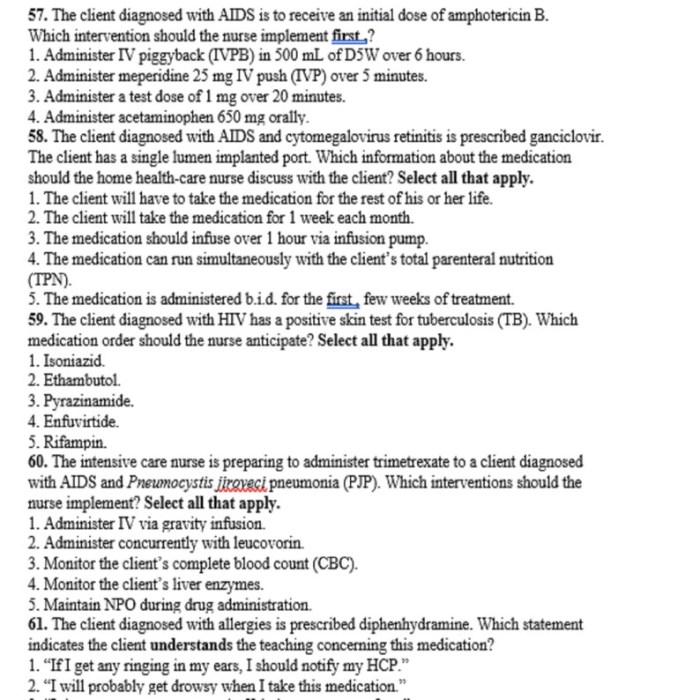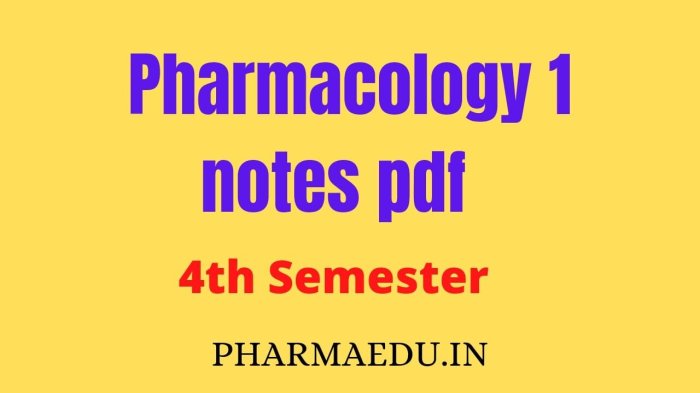As PN Pharmacology Online Practice 2020 B approaches, it is imperative to embark on a comprehensive preparatory journey. This meticulously crafted guide provides an authoritative overview of the exam structure, study strategies, question analysis, drug classification, nursing implications, and patient education.
Delve into this comprehensive resource to maximize your exam performance and solidify your understanding of PN pharmacology.
PN Pharmacology Online Practice 2020 B Exam Overview

The PN Pharmacology Online Practice 2020 B exam is a comprehensive assessment designed to evaluate the knowledge and skills of practical nurses in the field of pharmacology. The exam consists of 100 multiple-choice questions, which must be completed within a time limit of 90 minutes.
The exam covers a wide range of topics, including:
- Drug classifications and mechanisms of action
- Nursing implications of medication administration
- Patient education and medication adherence
- Drug interactions and polypharmacy
Study Resources and Preparation Strategies
To prepare for the PN Pharmacology Online Practice 2020 B exam, it is important to utilize a variety of study resources. Recommended materials include:
- Pharmacology textbooks
- Online resources, such as the Nurse’s Drug Handbook
- Practice questions, such as those available from the National Council of State Boards of Nursing (NCSBN)
Effective exam preparation involves:
- Time management: Allocate sufficient time for studying and practice.
- Note-taking: Summarize key concepts and terms for easy review.
- Review techniques: Regularly review study materials to reinforce knowledge.
- Identify and address areas of weakness: Use practice questions to identify areas where further study is needed.
Exam Content and Question Analysis
The PN Pharmacology Online Practice 2020 B exam consists of various question types, including:
- Multiple choice: Select the best answer from a list of options.
- True/false: Determine if a statement is true or false.
- Case studies: Apply pharmacological knowledge to clinical scenarios.
Challenging questions may involve:
- Drug interactions
- Polypharmacy
- Adverse drug reactions
To approach these questions effectively:
- Read the question carefully and identify key information.
- Eliminate obviously incorrect answers.
- Consider the most likely answer based on pharmacological principles.
- Avoid common misconceptions and pitfalls, such as confusing drug names or mechanisms of action.
Drug Classification and Mechanisms of Action

| Drug Class | Mechanism of Action | Indications | Side Effects |
|---|---|---|---|
| Opioids | Bind to opioid receptors in the central nervous system, reducing pain perception. | Moderate to severe pain | Constipation, nausea, respiratory depression |
| Nonsteroidal anti-inflammatory drugs (NSAIDs) | Inhibit cyclooxygenase enzymes, reducing inflammation and pain. | Mild to moderate pain, inflammation | Gastrointestinal upset, bleeding, renal toxicity |
| Antibiotics | Kill or inhibit the growth of bacteria. | Bacterial infections | Allergic reactions, gastrointestinal upset, kidney damage |
| Antihypertensives | Lower blood pressure through various mechanisms. | Hypertension | Dizziness, fatigue, electrolyte imbalances |
| Anticoagulants | Prevent blood clotting. | Prevention and treatment of blood clots | Bleeding, thrombocytopenia |
Nursing Implications and Patient Education: Pn Pharmacology Online Practice 2020 B

Nurses play a vital role in administering PN medications and ensuring patient safety. Nursing implications include:
- Patient assessment: Assess the patient’s health history, allergies, and current medications.
- Medication administration: Administer medications according to the prescribed dosage, route, and frequency.
- Monitoring: Monitor the patient for adverse drug reactions and therapeutic effects.
- Adverse event management: Recognize and manage adverse drug reactions promptly.
Patient education is crucial to promote medication adherence and prevent medication errors. Nurses should:
- Explain drug actions and side effects.
- Instruct patients on proper administration techniques.
- Discuss the importance of medication adherence.
- Provide written instructions and resources for patients.
FAQ Guide
What is the purpose of PN Pharmacology Online Practice 2020 B?
PN Pharmacology Online Practice 2020 B is designed to assess candidates’ knowledge and understanding of PN pharmacology, ensuring their competence in administering and managing medications in patient care.
What topics are covered in the exam?
The exam covers a comprehensive range of PN pharmacology topics, including drug classification, mechanisms of action, nursing implications, patient education, and drug interactions.
How can I prepare effectively for the exam?
Effective preparation involves utilizing recommended study materials, practicing time management, engaging in active recall techniques, and seeking support from peers or mentors.